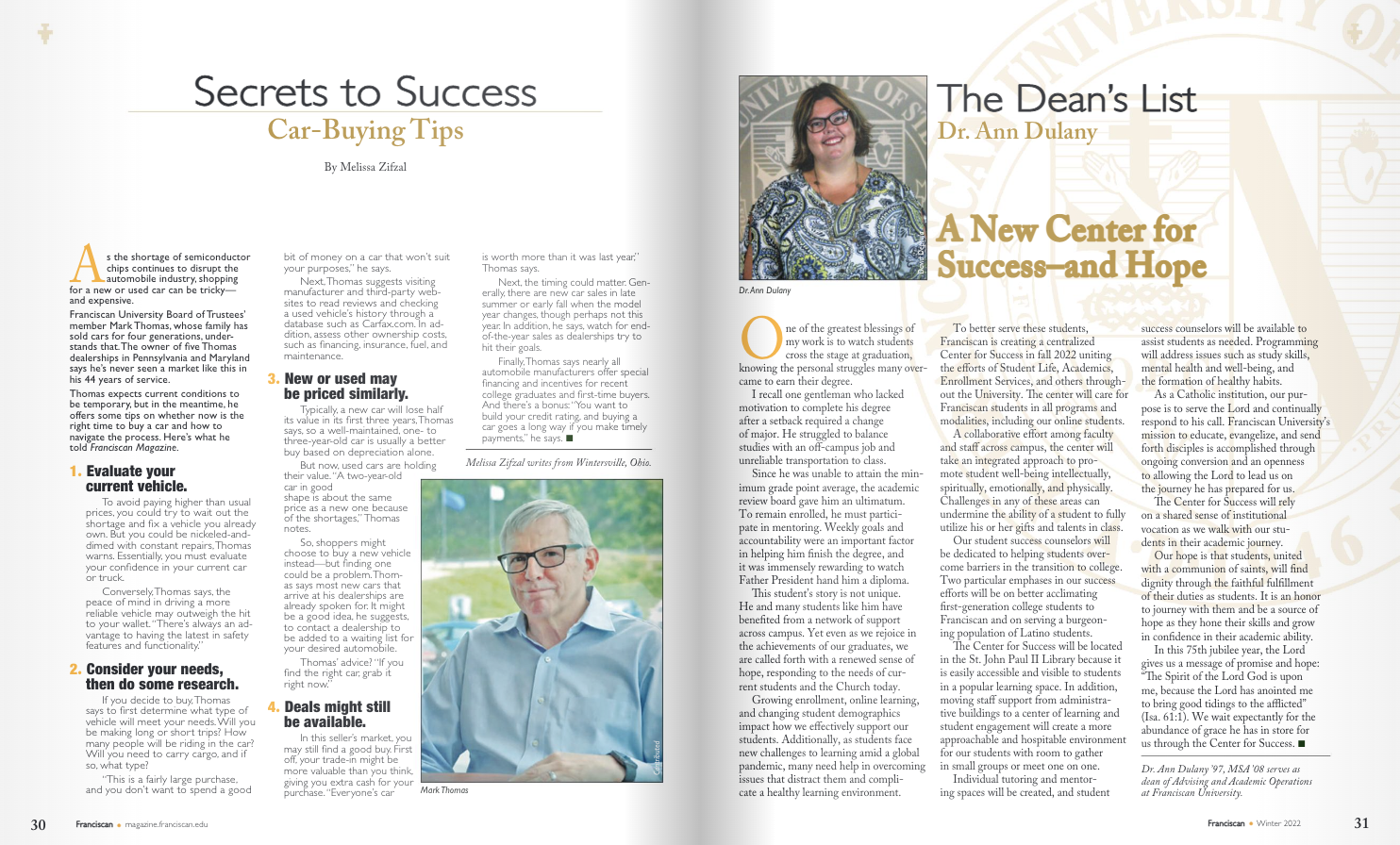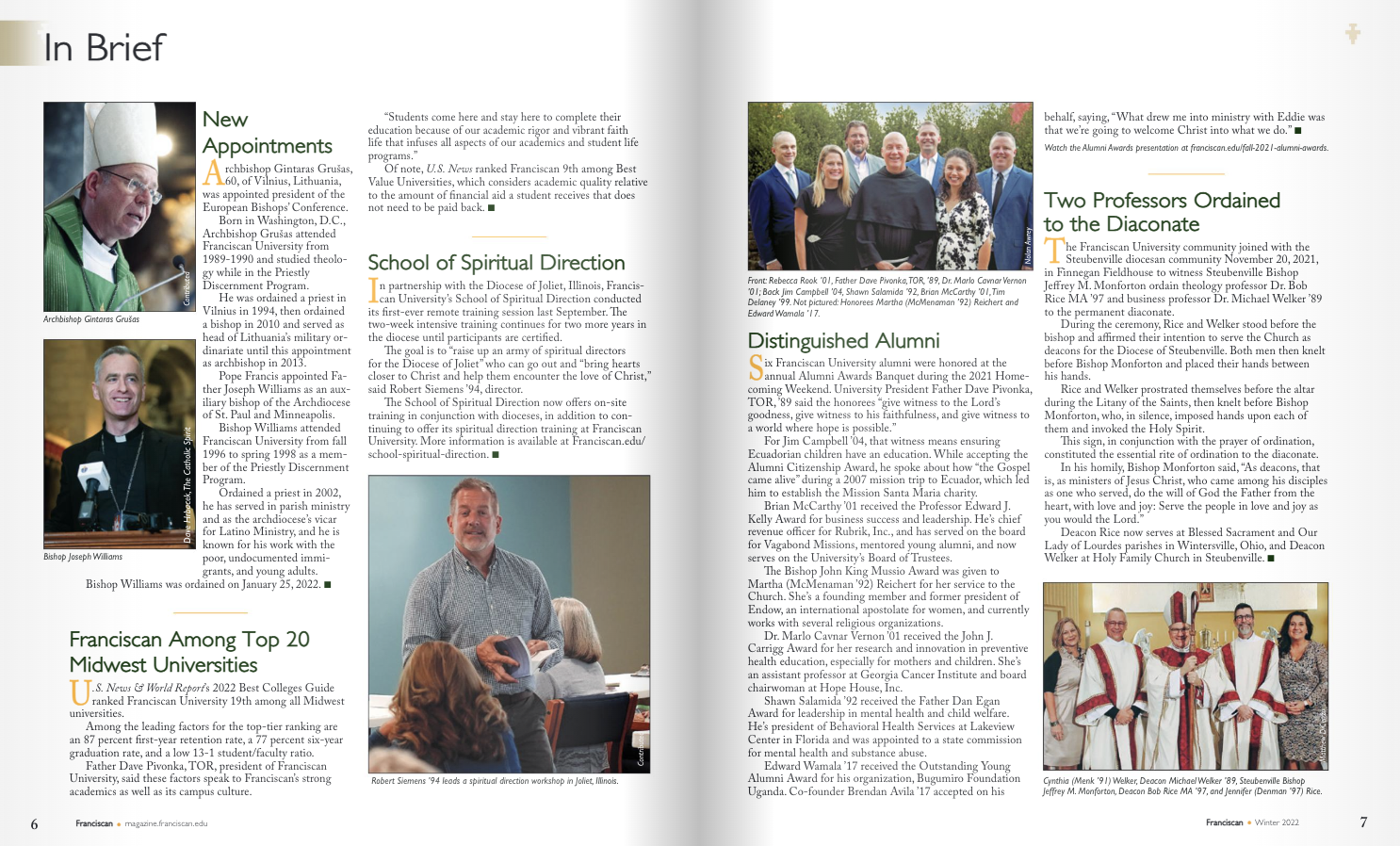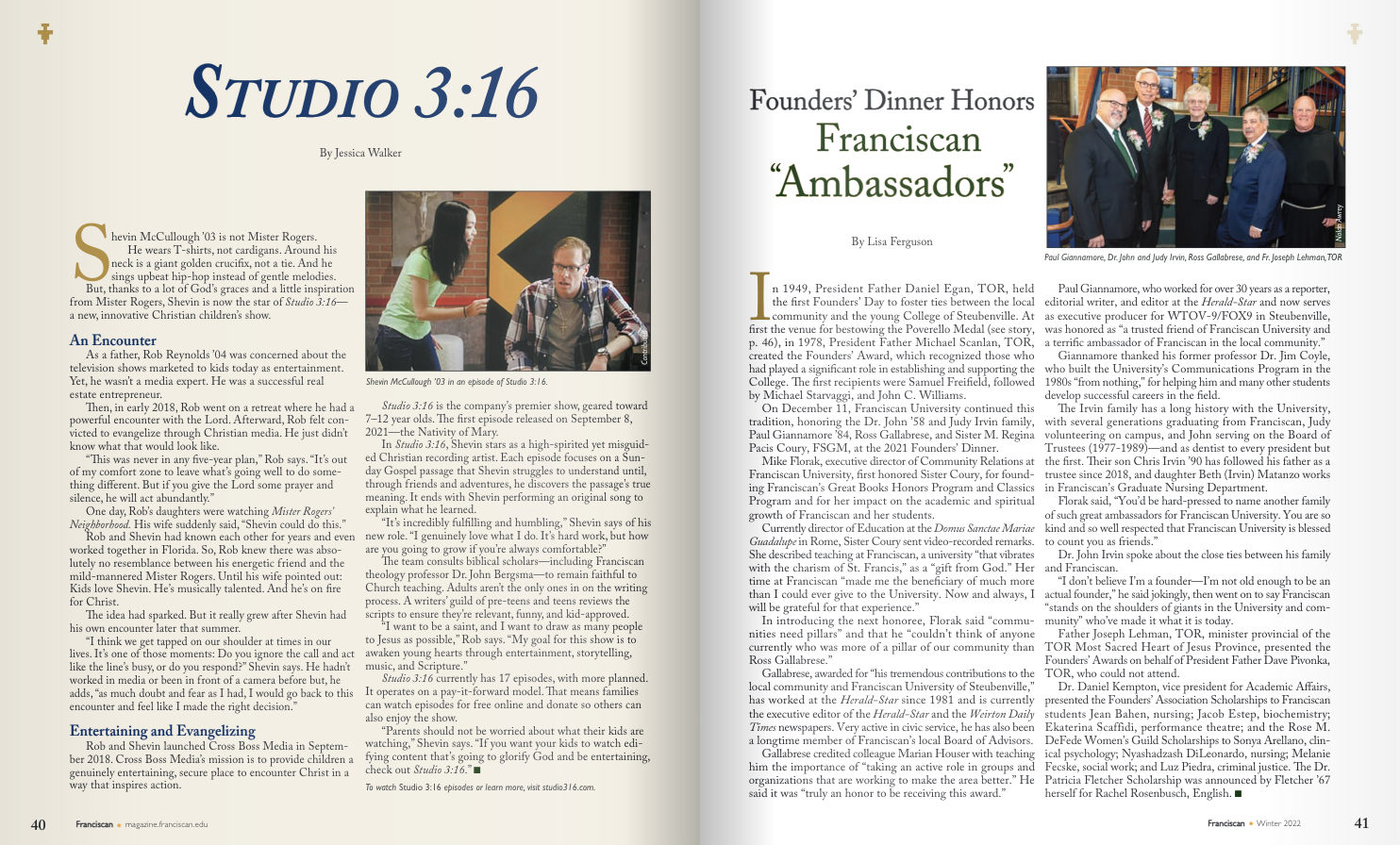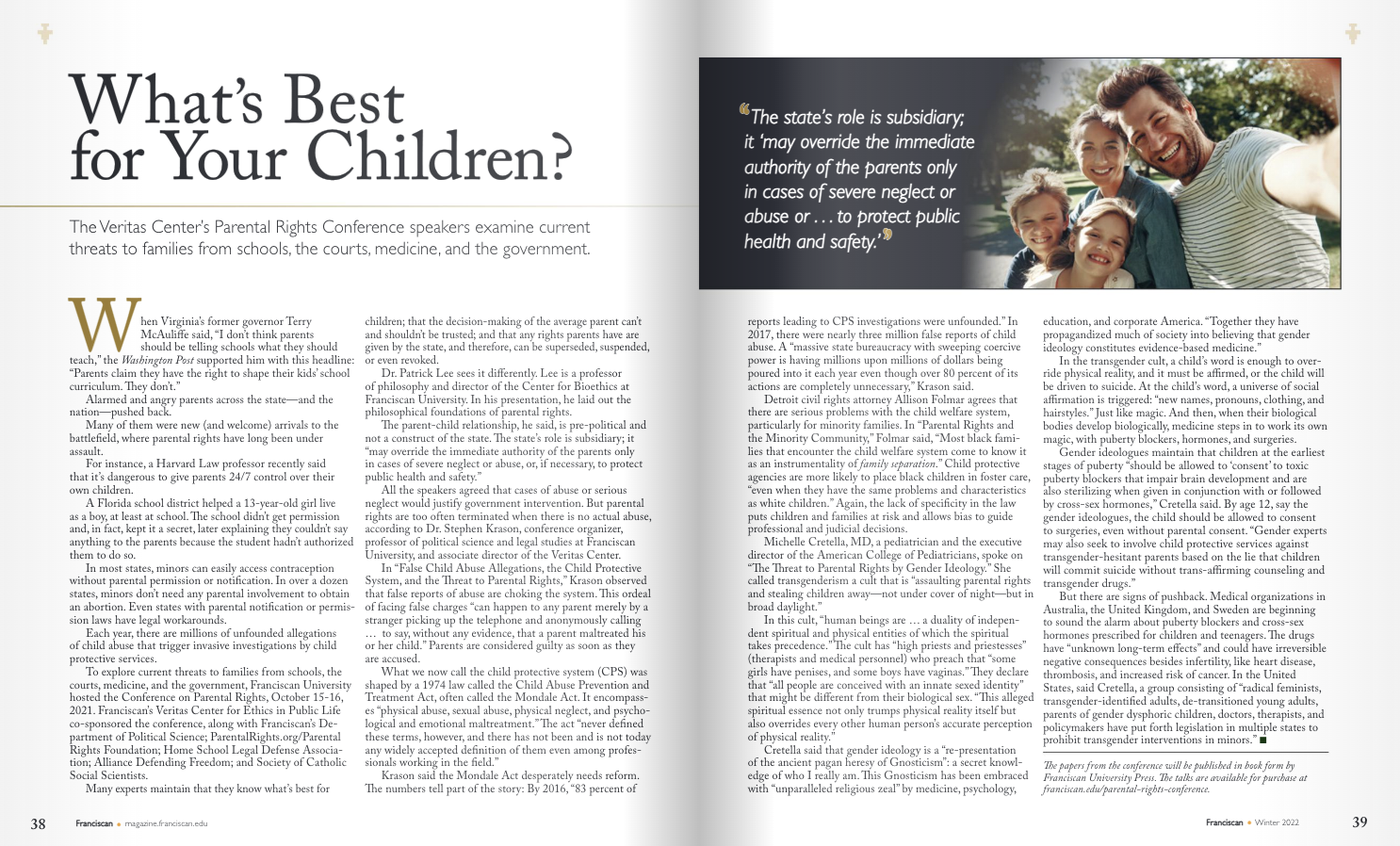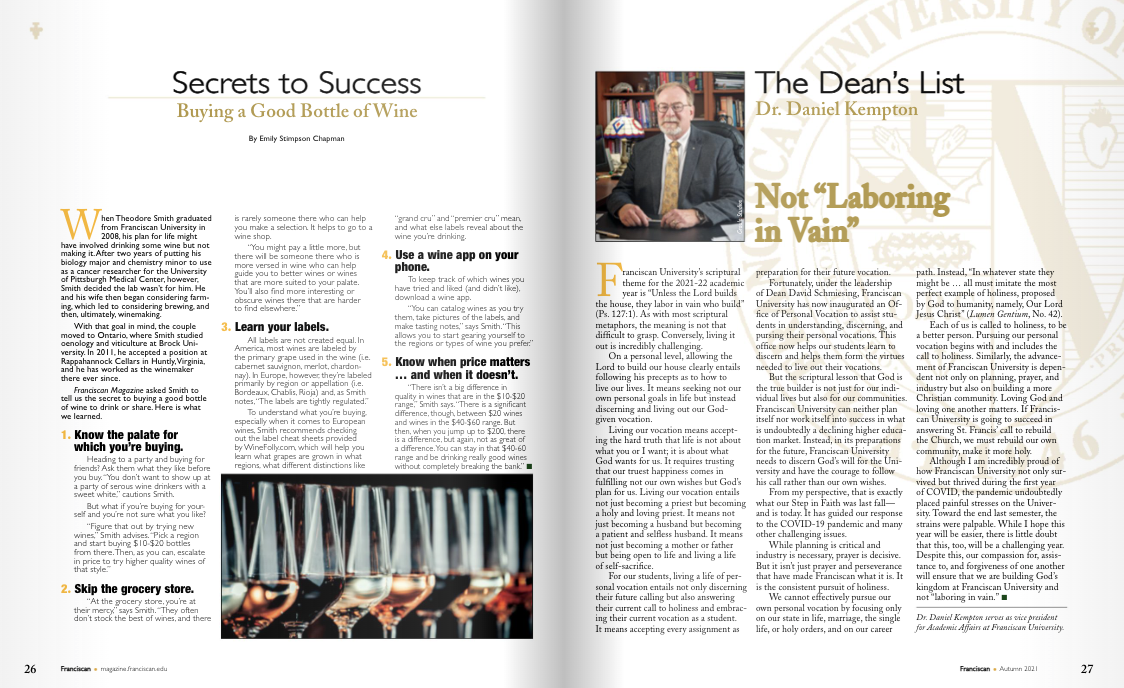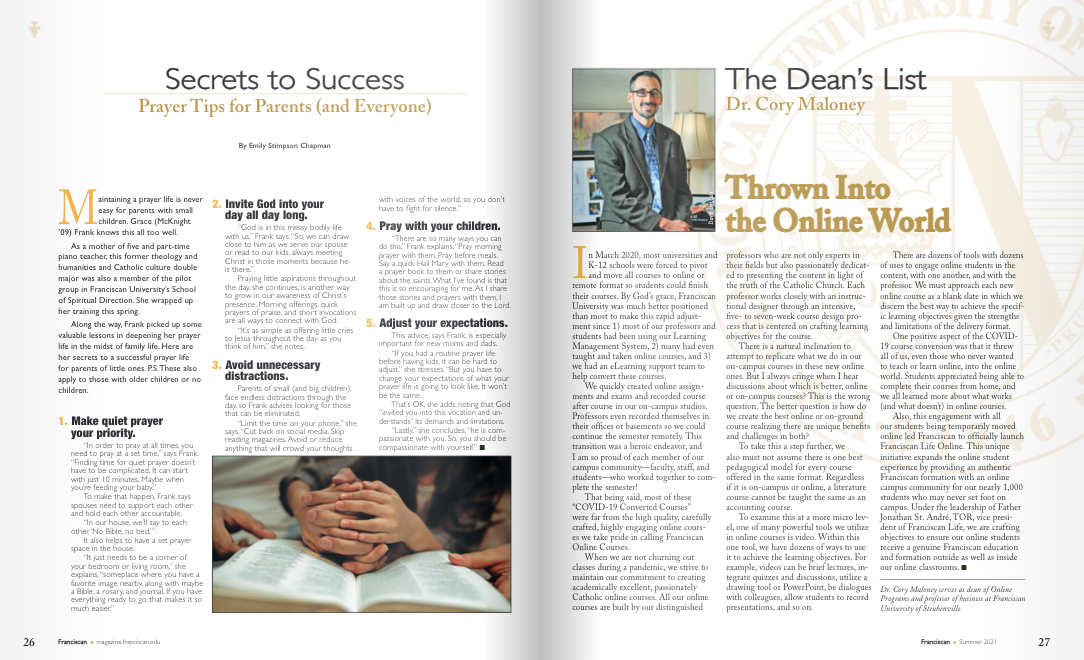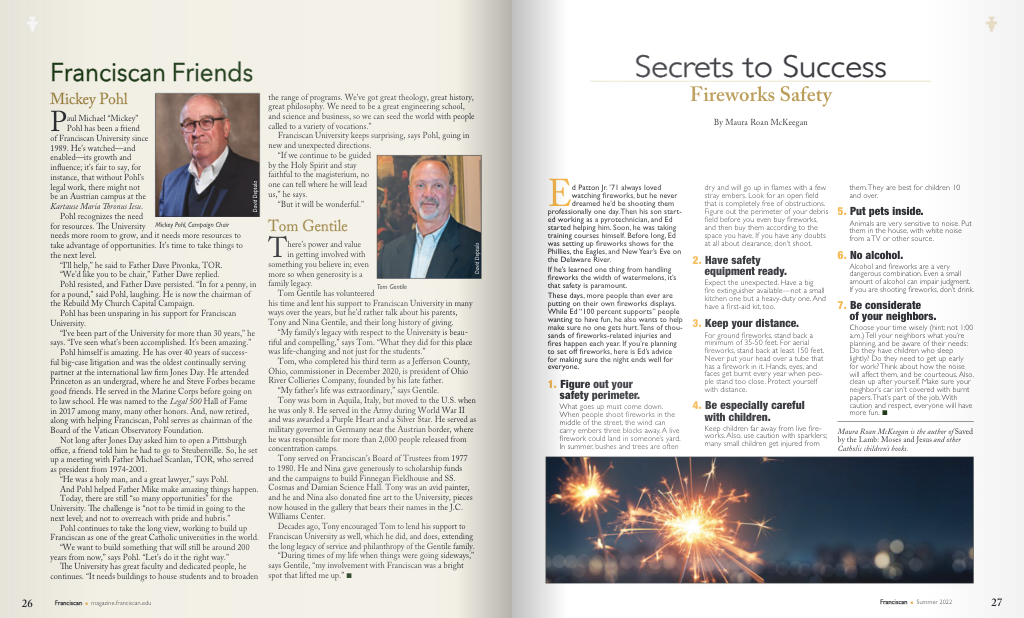Car-Buying Tips

Car-Buying Tips
Board of Trustees member Mark Thomas shares tips for getting a good deal on a new or used car.
Winter 2022 | Melissa Zifzal
As the shortage of semiconductor chips continues to disrupt the automobile industry, shopping for a new or used car can be tricky— and expensive.
Franciscan University Board of Trustees’ member Mark Thomas, whose family has sold cars for four generations, understands that. The owner of five Thomas dealerships in Pennsylvania and Maryland says he’s never seen a market like this in his 44 years of service.
Thomas expects current conditions to be temporary, but in the meantime, he offers some tips on whether now is the right time to buy a car and how to navigate the process. Here’s what he told Franciscan Magazine.
1. Evaluate your current vehicle.
To avoid paying higher than usual prices, you could try to wait out the shortage and fix a vehicle you already own. But you could be nickeled-and-dimed with constant repairs, Thomas warns. Essentially, you must evaluate your confidence in your current car or truck.
Conversely, Thomas says, the peace of mind in driving a more reliable vehicle may outweigh the hit to your wallet. “There’s always an advantage to having the latest in safety features and functionality.”
2. Consider your needs, then do some research.
If you decide to buy, Thomas says to first determine what type of vehicle will meet your needs. Will you be making long or short trips? How many people will be riding in the car? Will you need to carry cargo, and if so, what type? “
This is a fairly large purchase, and you don’t want to spend a good bit of money on a car that won’t suit your purposes,” he says.
Next, Thomas suggests visiting manufacturer and third-party web- sites to read reviews and checking a used vehicle’s history through a database such as Carfax.com. In addition, assess other ownership costs, such as financing, insurance, fuel, and maintenance.
3. New or used may be priced similarly.
Typically, a new car will lose half its value in its first three years, Thomas says, so a well-maintained, one- to three-year-old car is usually a better buy based on depreciation alone.
But now, used cars are holding their value. “A two-year-old car in good shape is about the same price as a new one because of the shortages,” Thomas notes.
So, shoppers might choose to buy a new vehicle instead—but finding one could be a problem.
Thomas says most new cars that arrive at his dealerships are already spoken for. It might be a good idea, he suggests, to contact a dealership to be added to a waiting list for your desired automobile. Thomas’ advice? “If you find the right car, grab it right now.”
4. Deals might still be available.
In this seller’s market, you may still find a good buy. First off, your trade-in might be more valuable than you think, giving you extra cash for your purchase. “Everyone’s car is worth more than it was last year,” Thomas says.
Next, the timing could matter. Generally, there are new car sales in late summer or early fall when the model year changes, though perhaps not this year. In addition, he says, watch for endof-the-year sales as dealerships try to hit their goals.
Finally, Thomas says nearly all automobile manufacturers offer special financing and incentives for recent college graduates and first-time buyers. And there’s a bonus: “You want to build your credit rating, and buying a car goes a long way if you make timely payments,” he says.
Melissa Zifzal writes from Wintersville, Ohio.




